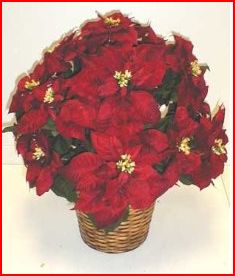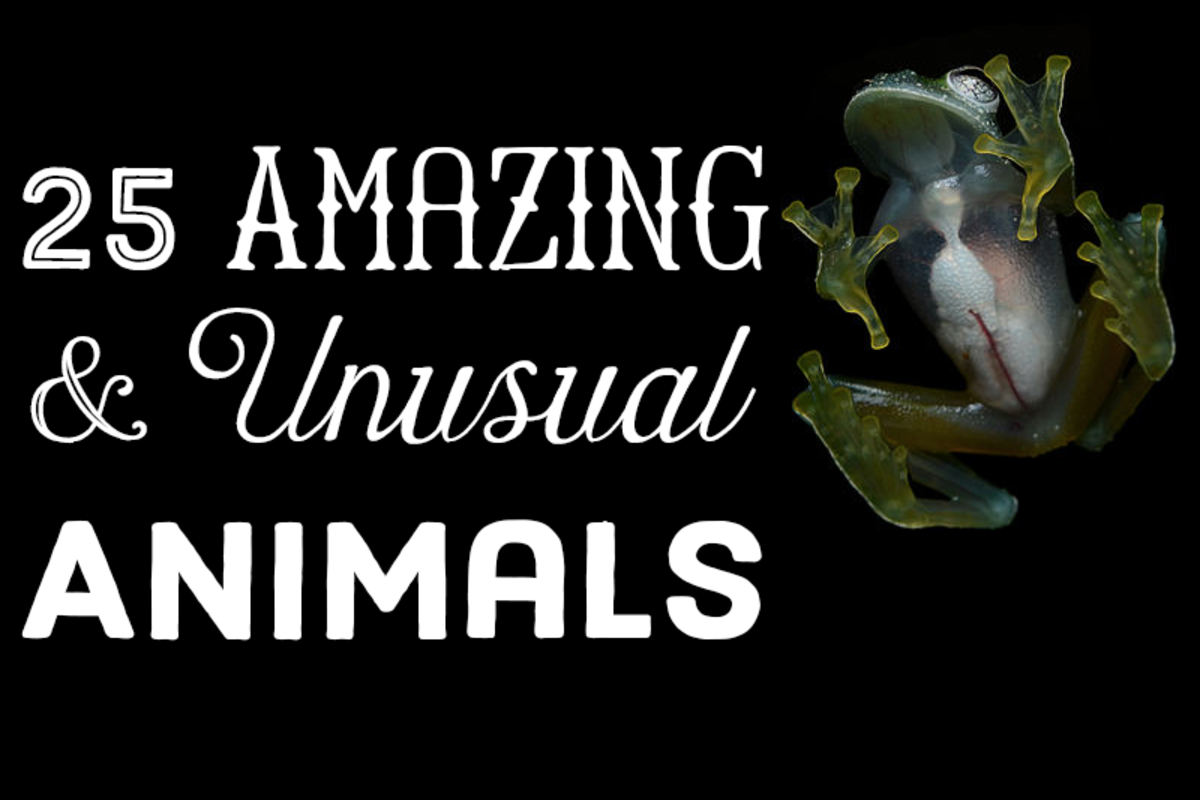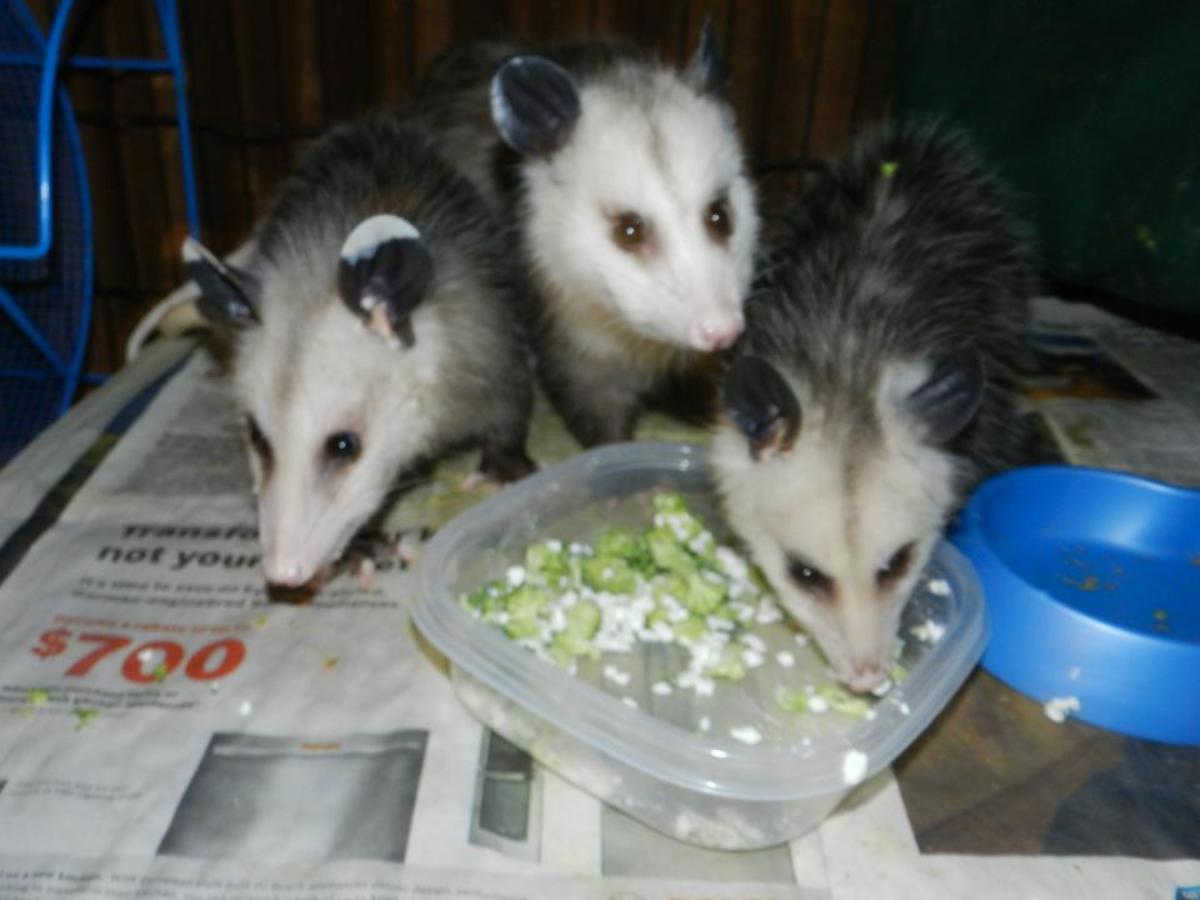Are Poinsettias Toxic to Dogs and Cats ?
Celebrate December 12th Poinsettia day!

Some interesting facts about Poinsettias
Poinsettias: these beautiful star shaped red blooms effectively bring a whiff of Christmas spirit to homes along with adorned Christmas trees and stockings hanging off a fireplace. Yet, for years these marvelous plants have been removed from the tables and put far out of reach, safely away from small children and pets.
It may be a hard pill to swallow for all Poinsettia lovers to discover that Poinsettias are not the deadly plant as perceived for many years after all, causing nothing more than perhaps a mild stomach upset if a part of the plant is eaten. Eating a large amount of Poinsettias may luckily be very unlikely due to the plant's taste: very bitter and not very edible at all. So usually, a leaf or two will give the message to a curious toddler or rambunctious pet.
According to Poinsindex, "a 50 pound child would have to ingest 500-600 leaves to exceed experimental doses that found no toxicity." The white sticky sap however, may cause skin irritation in sensitive individuals. Pet owners can rely on findings from the ASPCA. According to ASPCA,"In reality, poinsettia ingestions typically produce only mild to moderate gastrointestinal tract irritation, which may include drooling, vomiting and/or diarrhea. Keeping this plant out of the reach of your pet to avoid stomach upset is still a good idea, but you need not banish the poinsettia from your home for fear of a fatal exposure altogether."
More about this can read here:
ASPCA, Deadly or Not? Busting the Poinsettia Myth
So all pet lovers and mothers of small children can now rejoice and no longer need to totally banish this plant from their home. They may still want to keep pets and small children away tough to prevent gastro-intestinal issues.
While the red Poinsettia is the most common, Poinsettias come also in a variety of colors. Pink, yellow, salmon, white and orange Poinsettias may be found in specialized garden centers. There are also some unusual specimens with mixed colors such as white and red, resembling Candy canes. More and more varieties are being produced each year.
The name Poinsettia originated from Joel Robert Poinsett, first American Ambassodor of Mexico which enjoyed the plant so much that he took a specimen from Mexico to his hometown in South Carolina where the plant thrived. The native Mexican flower was also known as Flores de Noche Buena- Flowers of the holy night. The name originated from a legend about a child looking for a humble gift for baby Jesus. She grabbed a few stems and upon approaching the altar, legend states the stems bloomed into beautiful star shaped flowers resembling the Holy Comet.
Most of us consider the red blooms to be flowers when they are actually pigmented leaves. The actual flowers are the pretty insignificant yellowish buds found in the center. So, what people pretty much are fond of, are the Poinsettia's leaves.
Poinsettias are not only very ornamental plants, but they can also prove to provide health benefits. They seem to contribute in improving air quality in homes, effectively removing harmful pollutants such as Formaldehyde, commonly found in plywood.
Poinsettias have become so popular that over 65 millions plants are sold in the US every year. They also dedicated a calendar day to this famous plant. December 12th is Poinsettia day! Now that the poisonous myth has been put aside, enjoy a colorful Poinsettia this Christmas holiday, it will bring lots of festivity, adorn your home and purify your house. Of course, use common sense and keep it away to avoid the gastro-intestinal problems discussed above. What else can you ask for!? Happy Poinsettia day!
Disclaimer: this article is not to be used as a substitute for veterinary advice. If your dog or cat ever gets sick as a result of ingesting something toxic or poisonous, please consult with your veterinarian or contact the ASPCA at (888) 426-4435




